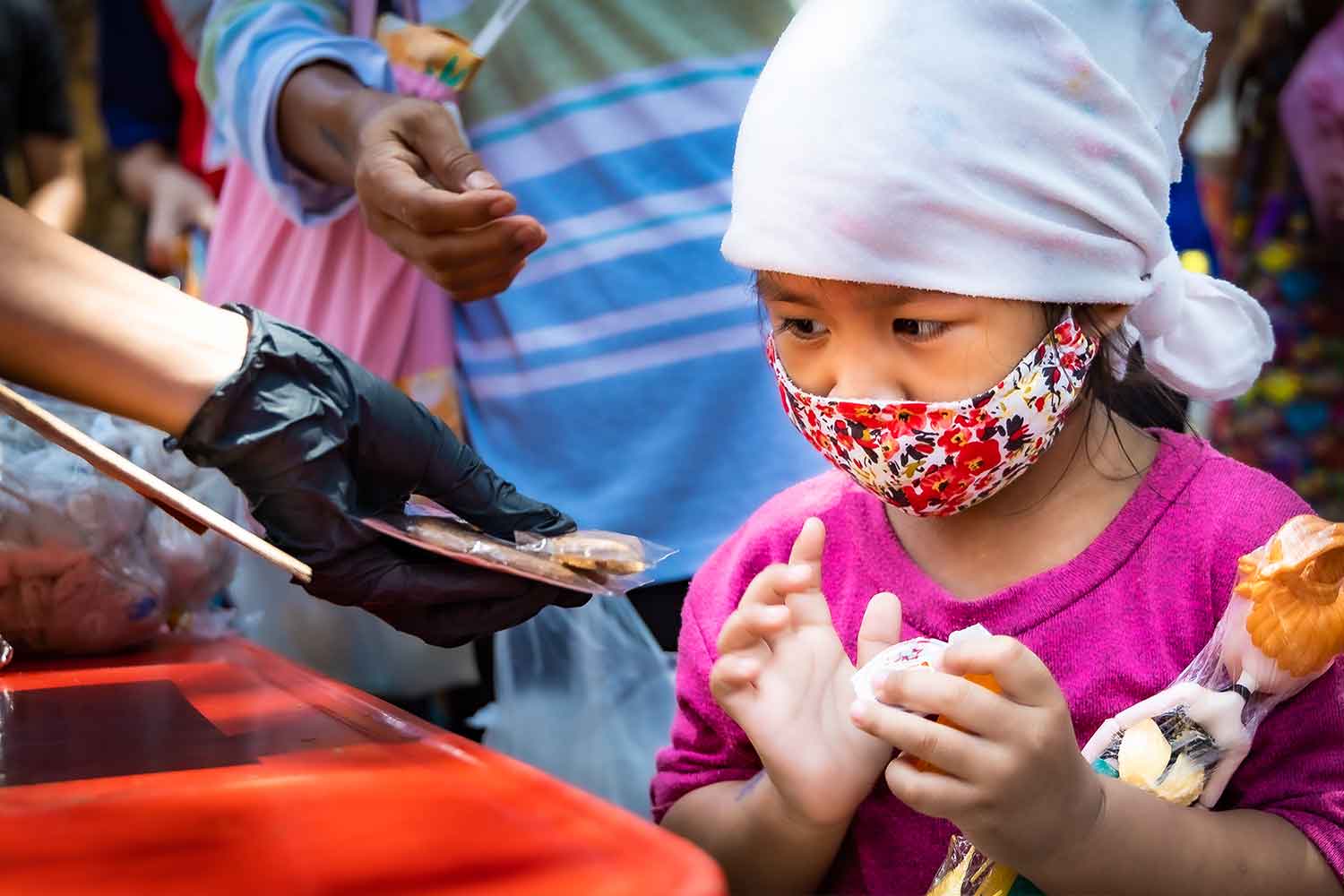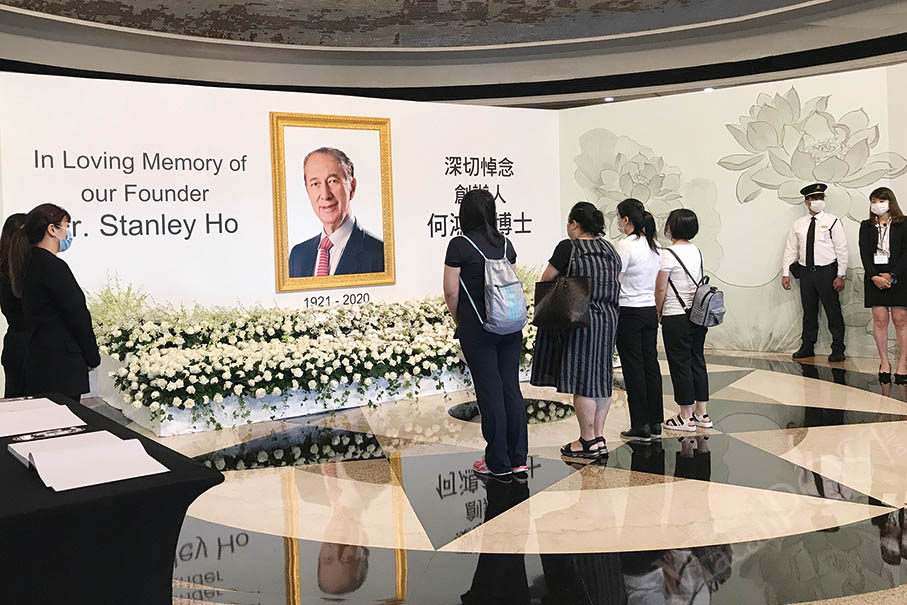Secretary for Administration and Justice André Cheong Weng Chon, who is also the spokesman for the government’s top advisory Executive Council, announced yesterday that the Higher Education Bureau (DSES) will be merged with the Education and Youth Affairs Bureau (DSEJ) in February.
Both bureaus are part of the portfolio of Secretary for Social Affairs and Culture Elsie Ao Ieong U.
Currently, Macau’s non-tertiary education sector, comprising kindergartens, primary and secondary schools, is overseen by the Education and Youth Affairs Bureau, while its higher education sector is overseen by the Higher Education Bureau. Following the merger, the city’s whole education sector will be overseen by the new bureau, the Education and Youth Development Bureau (DSEDJ).
As its name suggests, the current Education and Youth Affairs Bureau is also tasked with formulating and implementing the government’s youth-related policies.
Addressing a press conference at Government Headquarters, Cheong said that the government has finished drafting an administrative regulation (by-law) on the new bureau’s organisational structure and operation, which will take effect on February 1.
Government-drafted by-laws, officially known as administrative regulations, do not require the legislature’s approval.
Cheong pointed out that the DSEJ-DSES merger is one of the government’s important tasks laid out in the 2020 Policy Address, which was delivered by Chief Executive Ho Iat Seng in April. The merger will enable the government to integrate its resources for the city’s education sector, and to implement more coherent and effective educational policies, Cheong said.
Cheong said that the new Education and Youth Development Bureau will be tasked with overseeing Macau’s higher education, non-tertiary education and youth affairs. Its organisational structure will be more streamlined than the current structures of the two bureaus, Cheong said.
According to Cheong, the new bureau, which will be headed by a director and three deputy directors, will comprise seven departments and 14 divisions. The city’s 10 public schools will also be run and managed by the new bureau, Cheong said.
Each of the two current bureaus is headed by a director and two deputy directors, and each has four departments.
2 centres to be axed
Also addressing yesterday’s press conference, DSEJ Director Lou Pak Sang said that after the DSEJ-DSES merger, two centres will be abolished, namely his bureau’s Adult Education Centre and the University Students Centre run by the Higher Education Bureau.
The Adult Education Centre in Iao Hon district, as it is named in Chinese, is called Permanent Education Centre in both Portuguese and English. The University Students Centre, which is located in Avenida do Conselheiro Ferreira de Almeida, is called Higher Education Students Centre in both Portuguese and English.
Lou said that after the abolition of the Adult Education Centre, his centre’s Moral Education Centre, which is currently located in Toi San district, will move to the current premises of the Adult Education Centre.
Transfer of 2 activity centres to NGOs
Lou also said that two activity centres currently run by his bureau will be transferred to non-governmental organisations (NGOs), namely the Areia Preta Youth Activities Centre and the activities centre at the Lago (Lake) public housing estate in Taipa. Lou said that his bureau has still not decided to which NGOs it will transfer the management of the two activities centres.
The organisational structure and operation of the Education and Youth Affairs Bureau is currently regulated by a decree-law which came into force in 1993. The Higher Education Bureau was elevated in February last year from its predecessor the Tertiary Education Services Office (GAES), which was set up in 1992.
MGTO-GGCT merger
Meanwhile, Cheong also announced during yesterday’s press conference that the Tourism Crisis Management Office (GGCT) will be merged with the Macau Government Tourism Office (MGTO). The merger will also take place on February 1.
According to Cheong, the current GGCT functions will be transferred to the Macau Government Tourism Office.
The merger will be made by amendments to the administrative regulation on MGTO organisational structure and operation, which was promulgated in 2011.
In his capacity as the spokesman for the government’s top advisory Executive Council, Secretary for Administration and Justice André Cheong Weng Chon (centre) speaks during yesterday’s press conference at Government Headquarters, as Education and Youth Affairs Bureau (DSEJ) Director Lou Pak Sang (left) and Macau Government Tourism Office (MGTO) Director Maria Helena de Senna Fernandes look on. Photo: Tony Wong









